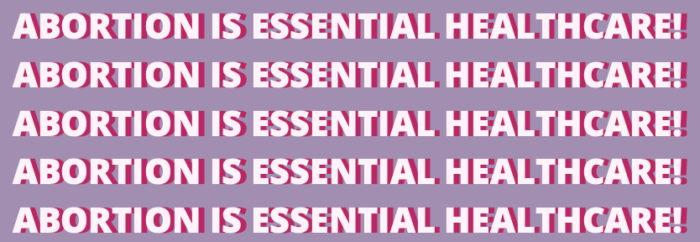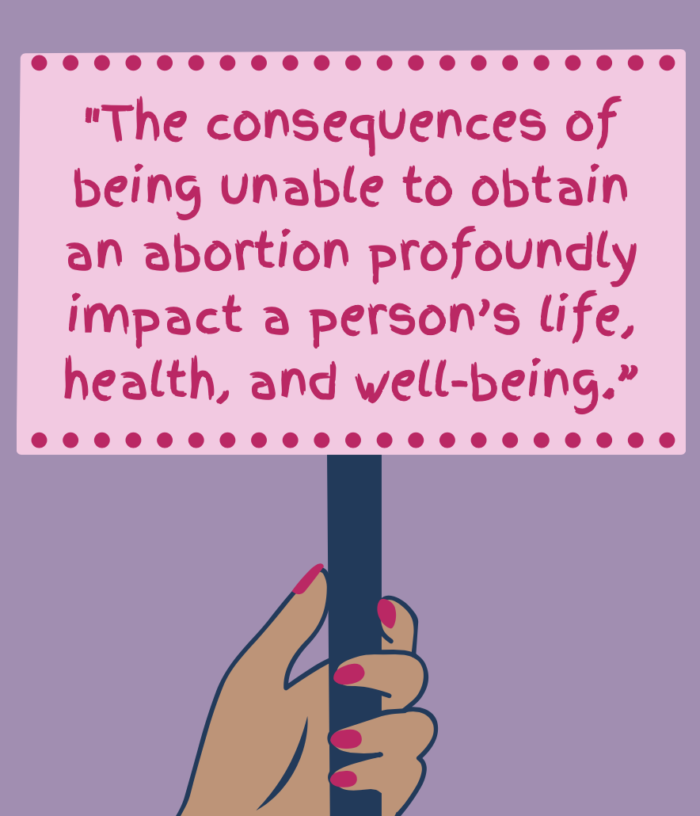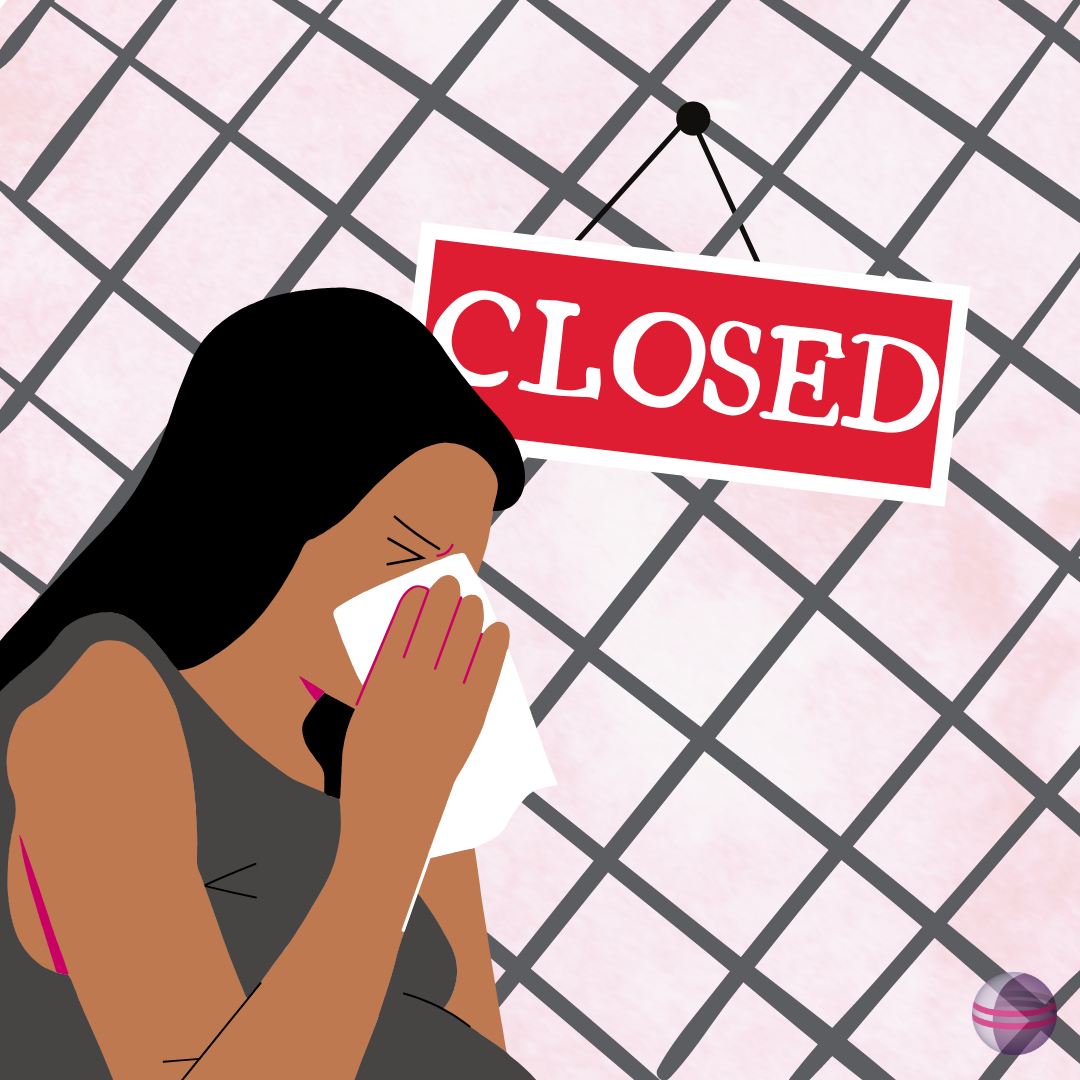As cases of the novel coronavirus continue to rage throughout most of the U.S., so do anti-abortion legislators and officials who are chomping at the bit to use a global pandemic and a nationwide sense of panic to cut off access to safe and legal abortion.
In states like Ohio and Texas, attorneys general have already taken actions that would make abortion services grossly inaccessible during the COVID-19 crisis: “Ohio’s attorney general ordered abortion clinics in the state to stop performing most surgical abortions” and “the attorney general of Texas issued a stricter directive, applying to ‘any type of abortion that is not medically necessary to preserve the life or health of the mother’ and threatening jail for providers,” commented New York Times staff writer Emily Bazelon.

Measures taken by these states to limit abortion care have come after medical professionals have halted elective surgeries and non-essential procedures in order to prepare for an influx of COVID-19-positive patients; however, the notion that abortion is not an essential health service is absurd, especially when accounting for the strict timelines placed on abortion care in many states. Classifying abortion as an “elective” procedure further stigmatizes and wrongfully labels abortion care, when in reality, abortion is a timely, necessary, lifesaving, and Constitutionally-protected procedure.
Following the actions of the Ohio and Texas attorneys general, federal judges issued orders requiring Texas, Ohio, and now Alabama to allow abortion clinics to remain open and provide abortion-related services. However, soon after this decision was made, a U.S. appeals court reversed the order for Texas, ruling that the state may continue to enforce these anti-abortion policies. Oklahoma Governor Kevin Stitt has also brought abortion services to a halt in midst of the COVID-19 outbreak.

To further their anti-choice agenda masked as COVID-19 precautions, 52 anti-abortion advocacy groups signed a letter to Department of Health and Human Services Secretary Alex Azar that they would like to see restrictions placed on medicated and surgical abortion services to free up much needed medical space and equipment for incoming patients. Bazelon notes that, in actuality, “abortion uses relatively few medical resources and is time-sensitive by definition …. delaying it increases the risk to the person who is seeking it.”
The American College of Obstetricians and Gynecologists along with the American Board of Obstetrics and Gynecology issued a joint statement urging states not to label abortion as “non-essential” healthcare. Their statement reads:
To the extent that hospital systems or ambulatory surgical facilities are categorizing procedures that can be delayed during the COVID-19 pandemic, abortion should not be categorized as such a procedure. Abortion is an essential component of comprehensive health care. It is also a time-sensitive service for which a delay of several weeks, or in some cases days, may increase the risks or potentially make it completely inaccessible. The consequences of being unable to obtain an abortion profoundly impact a person’s life, health, and well-being.”

Nancy Northup, president and CEO of the Center for Reproductive Rights, remarked that “it’s unconscionable that the Texas Attorney General is exploiting this pandemic to end abortion in the state. Abortion care is time-sensitive and essential health care that has a profound impact on a person’s health and life, which is why it is protected as a constitutional right.” Placing unnecessary restrictions on abortion services puts those who prolong their pregnancy at risk while also harming their ability to receive quality abortion care at a later date. Actions taken by states like Ohio and Texas to wrongly eliminate abortion access during a pandemic are a direct abuse of states’ emergency powers and are hazardous to the health, well-being, and lives of the people living there.

